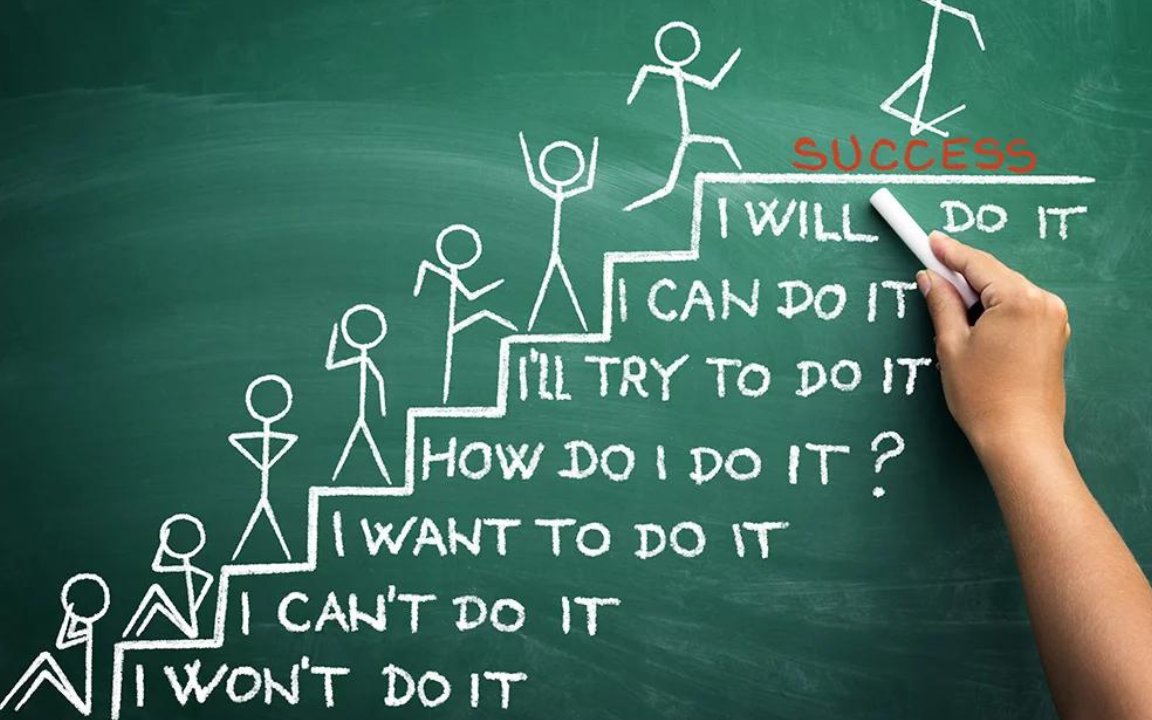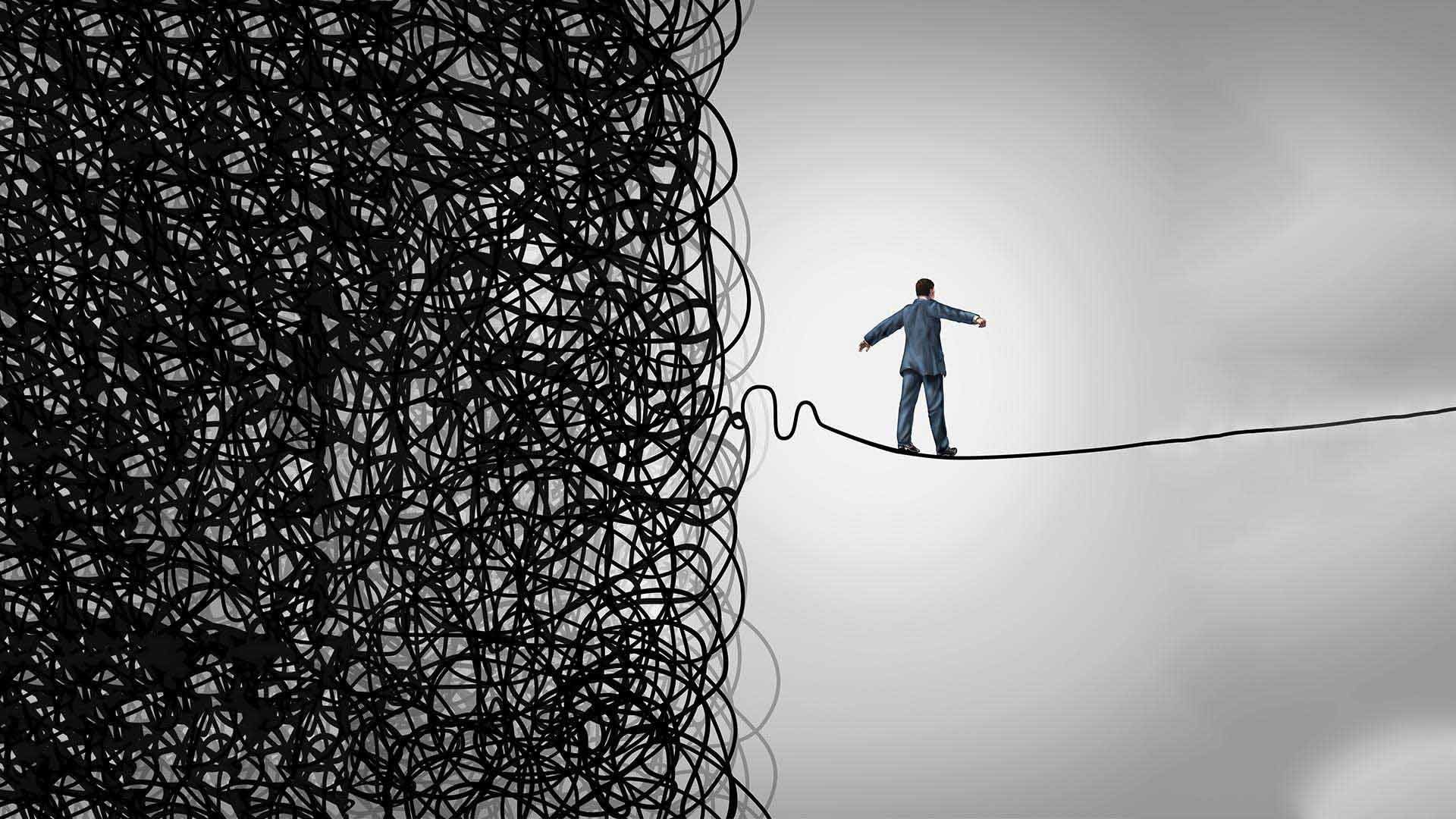How to Create Discipline in Your Life: 5 Practical Steps to Transform Your Habits
Ever wonder why some people seem to reach their goals effortlessly while others struggle to make progress? The answer often comes down to one word: discipline. Whether you want to improve your health, advance your career, or simply live a more fulfilling life, discipline is the key to making it happen. But how do you create discipline in your life, and how can you use it to unlock your full potential? Let’s break it down.
The Truth About Discipline
At a book signing recently, someone asked me, "How do you create discipline?" It’s such a great question because most people think they lack discipline. But here’s my take: you already have discipline; you're just applying it in the wrong direction.
Think about it for a second. We are creatures of habit—consistently showing up for jobs we dislike, reaching for unhealthy snacks, or scrolling through our phones late into the night. It takes discipline to maintain even our bad habits. We do them consistently, whether they serve us or not.
The problem is, we often associate discipline with harshness or sacrifice. Many people hear the word “discipline” and picture a drill sergeant barking orders, demanding you wake up at 5 a.m. to do pushups. But that’s not true discipline. In reality, discipline is simply about forming habits that align with your goals and values. It’s about creating routines that serve you and push you closer to the person you want to become.
The Comfort Trap: Why We Resist Discipline
When I tell people that I don’t eat meat, their first reaction is often, “I could never do that!” But what's really happening is that they’re closing themselves off to who they could become because they want to stay comfortable. And here’s the thing—comfort often keeps us stuck. When we refuse to confront the unknown or challenge our current habits, we deny ourselves the chance to grow.
The truth is, real discipline requires sacrifice. It means choosing long-term fulfillment over short-term pleasures, setting boundaries, and sometimes enduring discomfort to achieve something greater. And that discomfort is a good thing—it means you’re moving out of your comfort zone and into a place where growth can happen.
Discipline in Action: Changing Your Trajectory
Take a moment to look at your life right now. You’ve already got discipline—you just might be channeling it into behaviors that aren't serving your purpose. You may be disciplined at procrastinating, disciplined at watching Netflix instead of working out, disciplined at doing things that keep you exactly where you are.
I’m speaking from experience. I once struggled with my weight, my finances, and even my relationships. But by shifting my discipline toward positive habits, I lost 65 pounds in six months, raised my credit score by over 150 points, saved $60,000 in two years, and drastically reduced my stress. It wasn’t magic; it was a matter of realigning my discipline to focus on actions that served my goals.
According to research, 95% of people who set New Year’s resolutions fail to achieve them. Why? Because they keep doing the same things over and over while expecting different results. But the good news is, if you can channel discipline in one direction, you can change its trajectory.
5 Practical Steps to Create Discipline in Your Life
So how do you change the trajectory of your discipline to achieve your goals? Here are five practical steps you can take today:
1. Take One Day at a Time
It's easy to set big goals and expect massive changes to happen overnight, but real discipline is built one small action at a time. Start with small, consistent steps. If you want to get fit, don't plan to run a marathon tomorrow—start with a 10-minute walk today. Progress is about daily actions, not perfection.
Let's say your goal is to get healthier, specifically by working out more consistently. It's tempting to think, "I'm going to start going to the gym for an hour every day starting tomorrow." But in reality, that can feel overwhelming and lead to burnout or discouragement if you can't keep up.
Instead, take one day at a time and start small. Commit to just 10 minutes of exercise a day. It could be a brisk walk, some stretching, or a quick bodyweight workout in your living room. The key is consistency. Once you feel comfortable with 10 minutes, you can gradually build up to 20, then 30, until a daily workout becomes part of your routine.
By focusing on each day rather than the end goal, you avoid feeling overwhelmed and are more likely to stick with your habit. Progress may be gradual, but those daily steps add up to long-term success. Remember, discipline isn't about perfection—it's about showing up, day after day, even if it's only for a small effort.
2. Find Your Triggers
We all have habits that derail our progress, but many of us aren't aware of what triggers these behaviors. Is it boredom that makes you reach for unhealthy snacks? Is it stress that leads you to procrastinate? Identify the things that pull you away from your goals so you can take control.
Maybe your goal is to eat healthier, but you often find yourself snacking on chips or cookies late at night. To create discipline around healthier eating, you need to understand what triggers your unhealthy snacking.
Pay attention to what’s happening when you reach for those snacks. Is it because you’re bored? Stressed from work? Tired and looking for an energy boost? For example, if you notice that you tend to snack while watching TV at night, the trigger could be the act of watching TV itself—your brain associates relaxing on the couch with reaching for a bag of chips.
Once you identify the trigger, you can take steps to change the pattern. If boredom is the issue, you might try replacing your evening snack with a cup of tea or a handful of nuts. If stress is your trigger, consider developing a calming ritual before bed, like taking a warm shower or practicing meditation. Understanding your triggers is the first step to overcoming them, so you can develop habits that support your goals instead of undermining them.
3. Create a Plan to Face Your Triggers
Once you know what your triggers are, you need a plan to deal with them. When I decided to become a clean vegetarian, I didn't just hope for the best—I prepared. I kept healthy snacks with me at all times, stayed in hotels near grocery stores, and made sure I had options that aligned with my diet. Remember, discipline isn’t just about willpower; it’s about setting yourself up for success by creating an environment that supports your goals.
4. Determine Your "Why"
Your "why" is your anchor—it’s the deeper reason behind your goals and the fuel that will keep you going when times get tough. Ask yourself, “Why am I making this change?” Is it to improve your health, to set an example for your kids, or to live a happier life? For me, my "why" was the fear of dying without knowing what I was truly capable of. When you know your "why," you have a purpose that will drive your discipline.
5. Expect Setbacks, But Learn from Them
Every journey has setbacks. You will make mistakes, but that’s part of the process. The key is to view setbacks not as failures, but as opportunities to learn. Ask yourself, "What went wrong, and what can I do differently next time?" Embrace setbacks as necessary stepping stones toward success.
Final Thoughts: Discipline is Your Superpower
Discipline isn't about creating something new from scratch; it's about redirecting what you already have. You have the power to make choices that align with your goals, and each choice brings you one step closer to living the life you want.
Thank you so much for joining me today on From Zero to Hero. Remember, you have the power to be the hero in your own story—don't wait to take action. If you're ready to dive deeper into building a life that feels more authentic and disciplined, check out my book, The Art of Self-Discipline, available on Amazon. It’s packed with actionable tips and methods to help you transform your habits and reach your goals.
Have a wonderful week, and remember—you have the power to be your own hero. See you next time!









